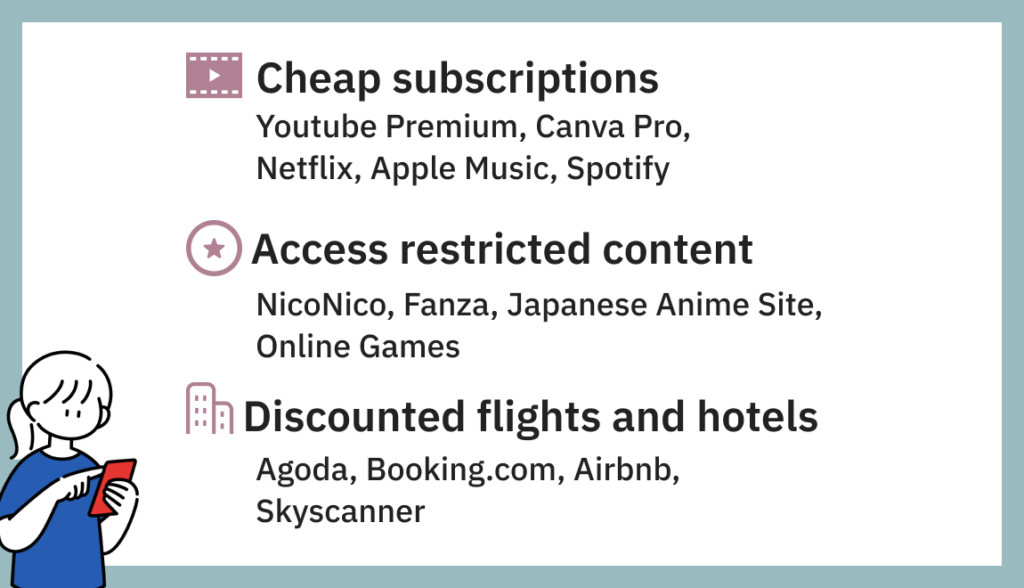Can VPN Usage Be Detected?
When you use a VPN to connect to another country—say, the United States—most websites and services will detect your IP address as if you’re in that country. This is the intended effect of a VPN: to mask your real location and present a different virtual location.
So yes—to the website, you’re just another user from the United States.
But that’s not the whole story.
While your IP address may show as American, some services have developed sophisticated systems to detect VPN usage. That means you could still get caught under certain conditions.
How Can Websites Detect a VPN?
Here are some of the common methods websites use to detect VPNs:
| Detection Method | How It Works |
|---|---|
| IP Reputation Databases | VPN providers often share the same IP addresses among users. These shared IPs may be flagged as “VPN IPs” in public databases. |
| DNS Leaks | If your VPN is not configured properly, your DNS requests might go through your actual (local) ISP, exposing your true location. |
| WebRTC Leaks | Modern browsers (especially Chrome and Firefox) have a feature called WebRTC, which can unintentionally leak your real IP address. |
| Usage Patterns | Suspicious behaviors—like constantly switching IP addresses or changing countries too quickly—can raise red flags. |
What Happens If You’re Detected?
If you’re using a VPN and get detected, here’s what might happen:
- Streaming services may block your access (e.g., Netflix or Hulu might stop playing content)
- Some sites may force you to complete captchas
- Your account could be flagged or temporarily suspended
- In rare cases, especially for region-specific pricing (e.g. Steam), your account could be banned for violating Terms of Service
How to Avoid Getting Caught Using a VPN
You can take the following precautions to minimize the chances of being detected:
| Strategy | Benefit |
| ✅ Use a high-quality VPN | Top-tier providers like ExpressVPN, NordVPN, and Surfshark are better at bypassing detection |
| ✅ Enable DNS Leak Protection | Most premium VPNs include this feature in their settings |
| ✅ Disable WebRTC in your browser | Use browser extensions or settings to disable WebRTC (especially important on Chrome) |
| ✅ Choose obfuscated or streaming-optimized servers | Some VPNs offer special servers designed to bypass detection |
| ✅ Use a dedicated IP address | A static IP address used only by you is less likely to be flagged |
| ✅ Avoid switching countries frequently | Rapid country-hopping can make services suspicious of your activity |
So, Can You Get Caught?
| Question | Answer |
| Will websites think you’re in the VPN country? | ✅ Yes, that’s how VPNs work |
| Can VPN usage be detected? | ⚠️ Yes, under certain conditions |
| Will you get banned? | ❌ Unlikely if you’re just watching content, but risky if you break Terms of Service (e.g., regional pricing abuse) |
Final Thoughts
Using a VPN is legal in most countries, and it’s a valuable tool for accessing content, improving privacy, and securing your connection. However, to stay under the radar:
- Use a premium VPN with anti-detection features
- Keep your browser and VPN app up to date
- Avoid sketchy or free VPN services, which are more likely to leak data
A bit of caution goes a long way. Stay smart, and stream or play safely from anywhere in the world.




Comments